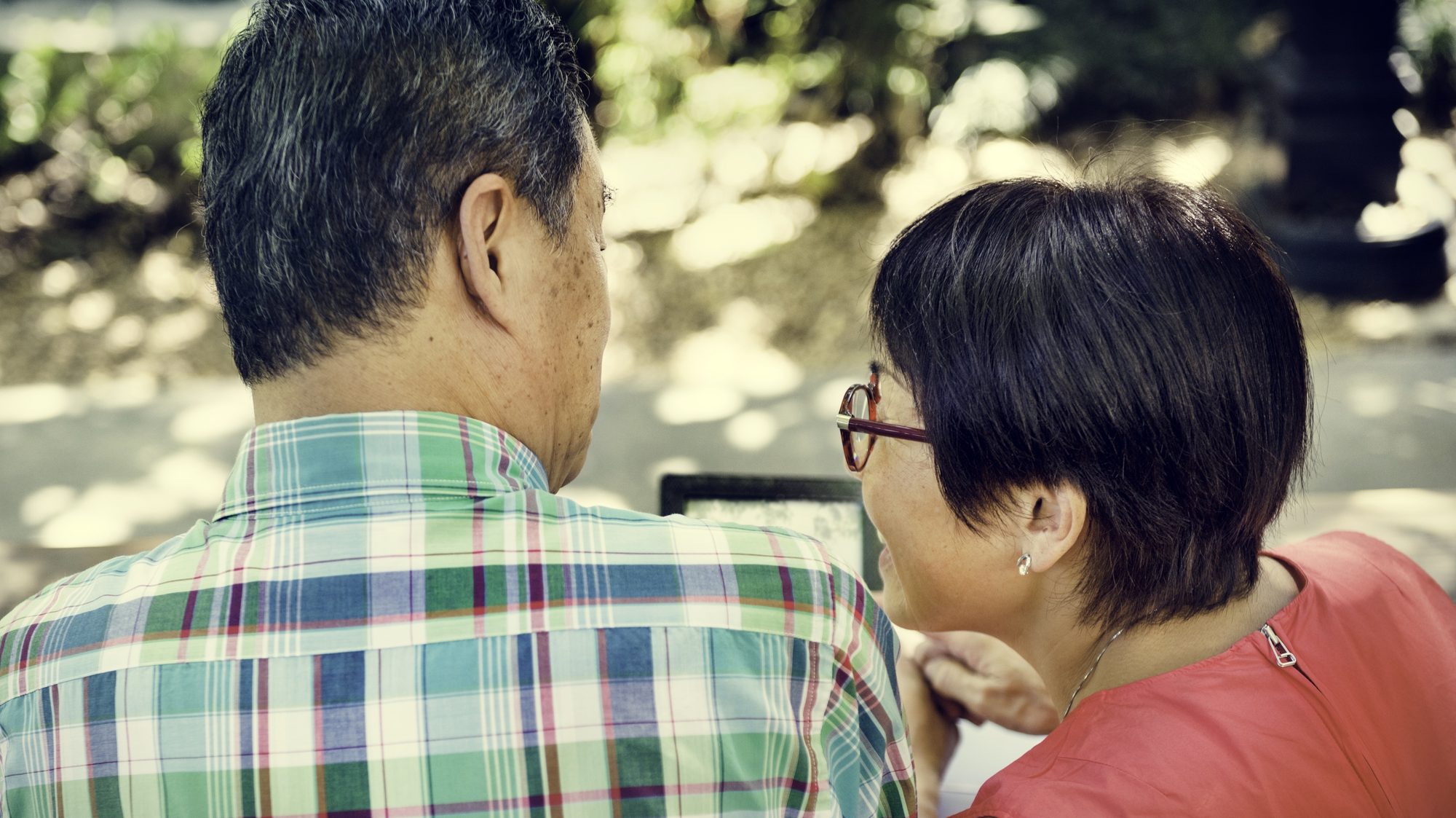SINGAPORE: A netizen took to a forum on Tuesday (Nov 19) to ask people if, for most Singaporean families, the responsibility of caring for elderly parents automatically falls on the children who are not married.
“Is it true that for most Singaporeans, the responsibility of looking after elderly parents is almost always handed to the child/sibling who did not get married?” he asked.
“I was asking around friends and colleagues, and this seems to be a recurring theme, except for those whose siblings have agreed to send their parents to old folks’ homes,” he added.
The netizen then shared his feelings about such matters, saying, “It just feels like an automatic dumping ground for singles to become caregivers if you choose the road of singlehood.”
According to a report published in December 2023 by The Straits Times, three out of four people in a survey said they regularly send money to their ageing parents. The findings were from an online survey of 1,000 people.
Furthermore, nearly 50% of the people who said they regularly give money to their parents added that the amount ranged from S$300 to S$500 every month.
According to the report, the findings suggested filial piety remained a central aspect of Singaporean society and culture.
In response to the post on the forum, a handful of Singaporeans shared their two cents on the matter.
“No… the ‘hierarchy’ goes like this: (1) The single daughter, (2) The married daughter without kids, (3) The married daughter with kids, then the sons maybe will take care,” said one.
“Yes, to a certain extent,” said another. “Was actually involved in a local elder care research project a few years ago. Most of the interview subjects’ in-laws (IS) were single.
Some were an only child, so bo pain (no choice). The rest had siblings who were married. Sometimes, this arrangement was mutually agreed upon between the IS, their siblings and parent(s).
But more often than not, it wasn’t, and many of them eventually had the main caregiver role foisted on them, whether deliberately or unconsciously. Often, this led to a lot of sadness and resentment on the IS’s end.”

